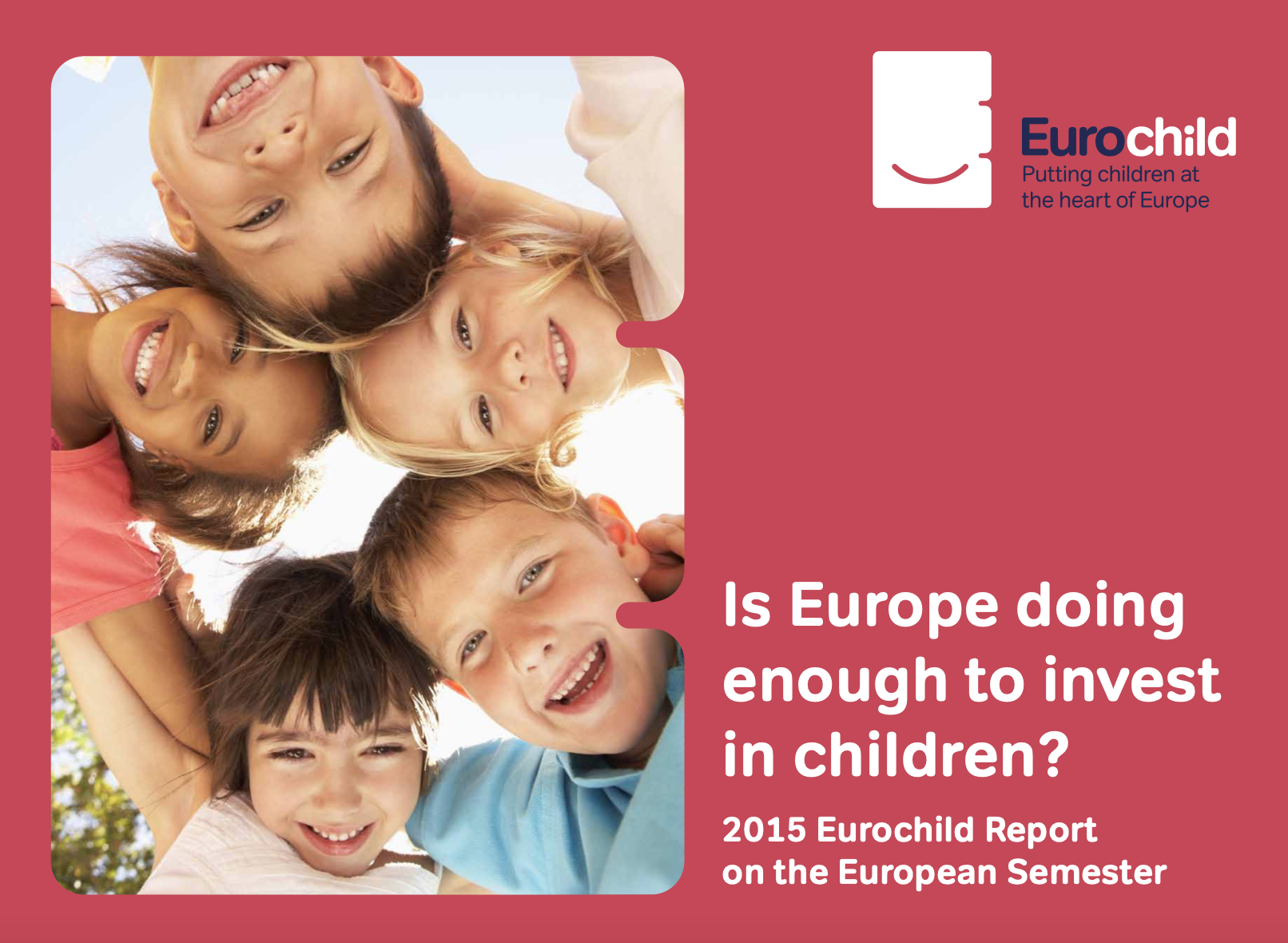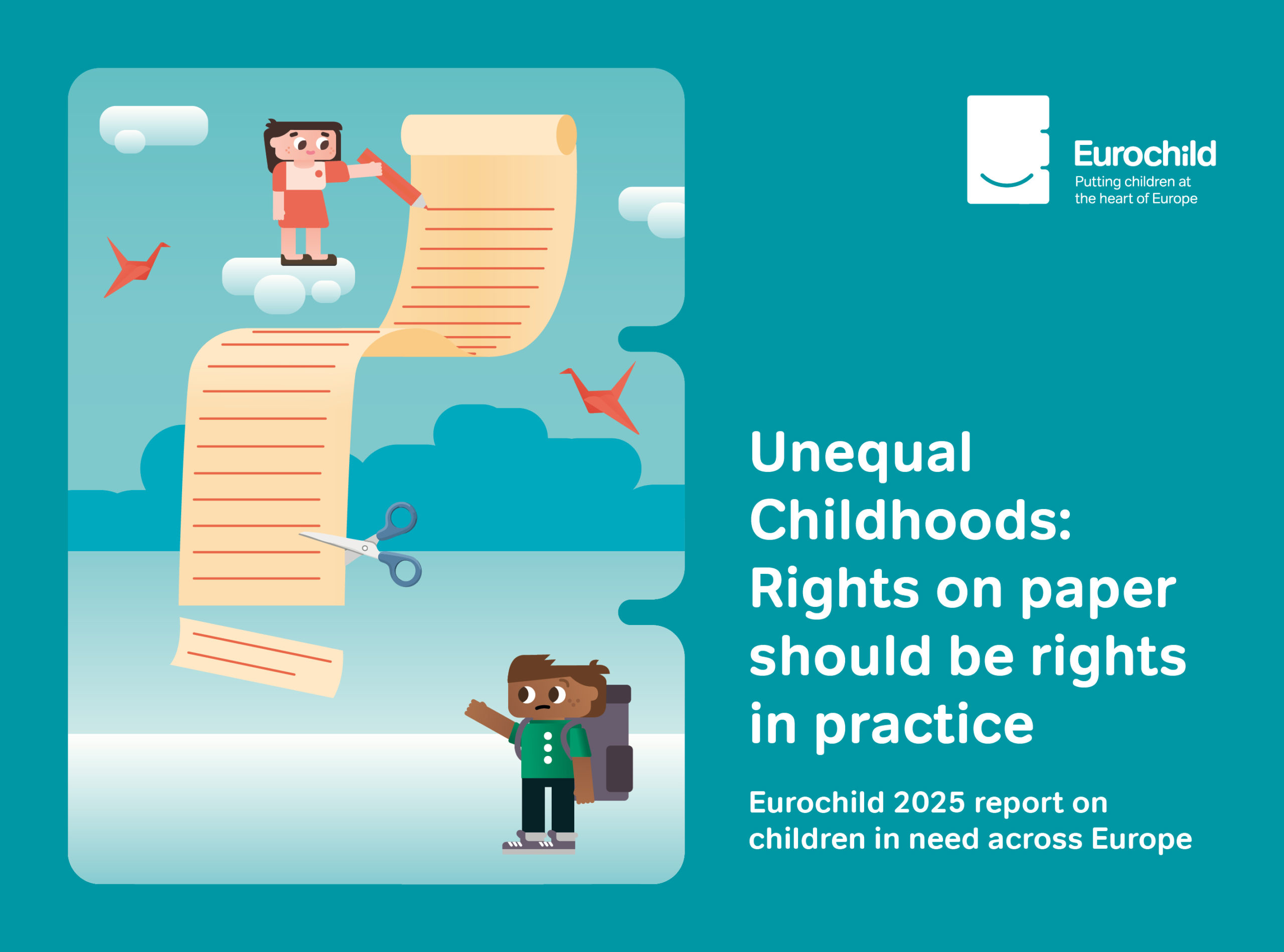Is Europe doing enough to invest in children? 2015 Eurochild Report on the European Semester
2015 Eurochild Report on the European Semester
Eurochild carried out the assessment of the 2015 European Semester with the help of its member organisations. The work draws on the experience of the past four years’ (2011 - 2014) analysis of the National Reform Programmes (NRPs) of EU Member States, with an extended scope this year. In this year’s analysis we particularly assess the extent to which the European Commission ‘Recommendation on Investing in Children: Breaking the cycle of disadvantage’ (2013) has been implemented across the EU and whether the European Semester process is helping or hindering the achievement of positive outcomes for children.
The 2015 Eurochild Report on the European Semester contributes to the network’s efforts to put children at the heart of policy making. It is based on the assessment of 25 contributors from 23 EU Member States.
The compiled analysis of responses provides an EU-wide overview of the commitment to investing in children and identifies necessary changes to improve the impact of the Semester process. The analysis is also intended to feed into the 2016 European Semester and mid-term review of the Europe 2020 strategy.
- Read the report ‘Is Europe doing enough to invest in children? 2015 Eurochild Report on the European Semester’
- Read the EU Commission Recommendation on Investing in Children
- What is the European Semester ? The European Commission explains here





